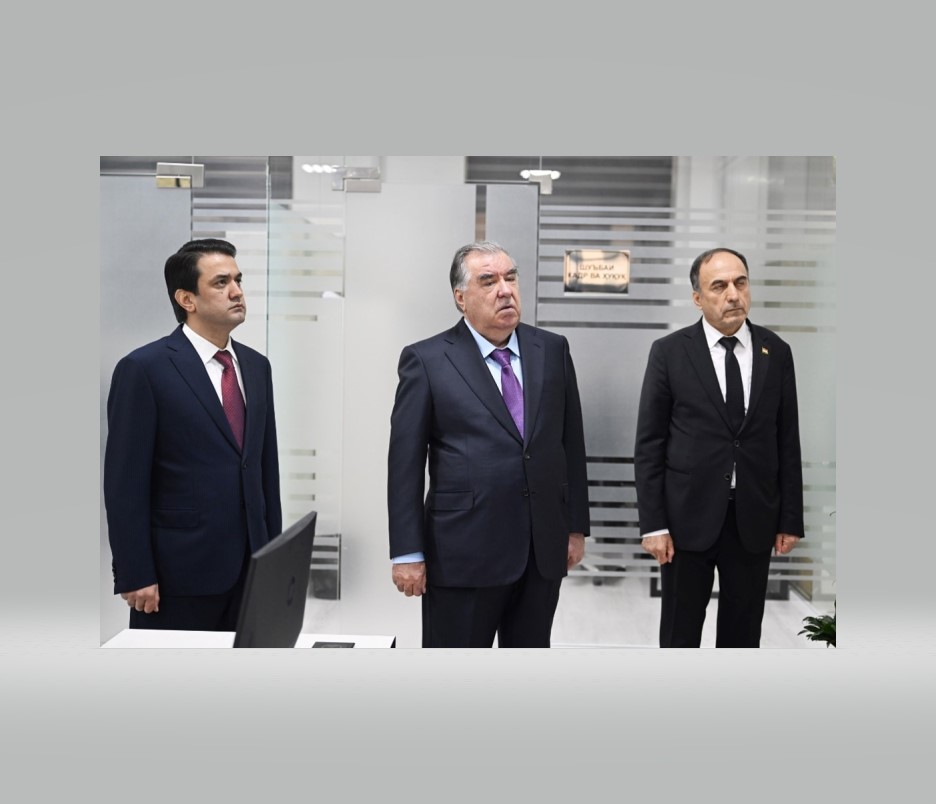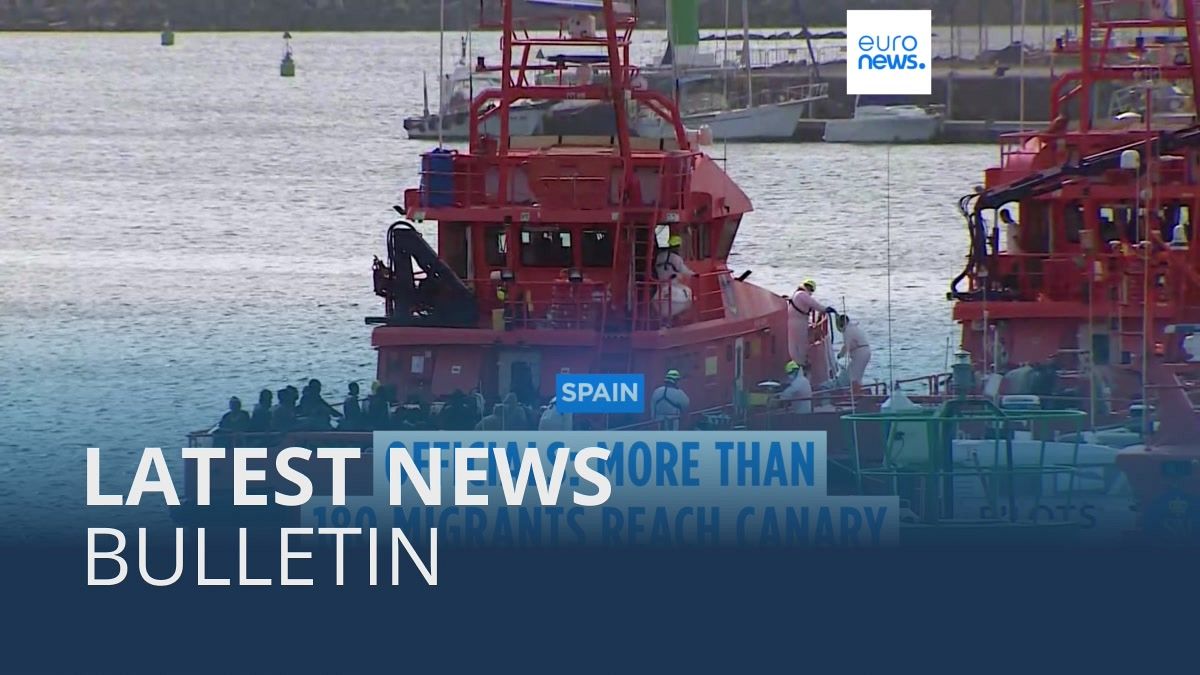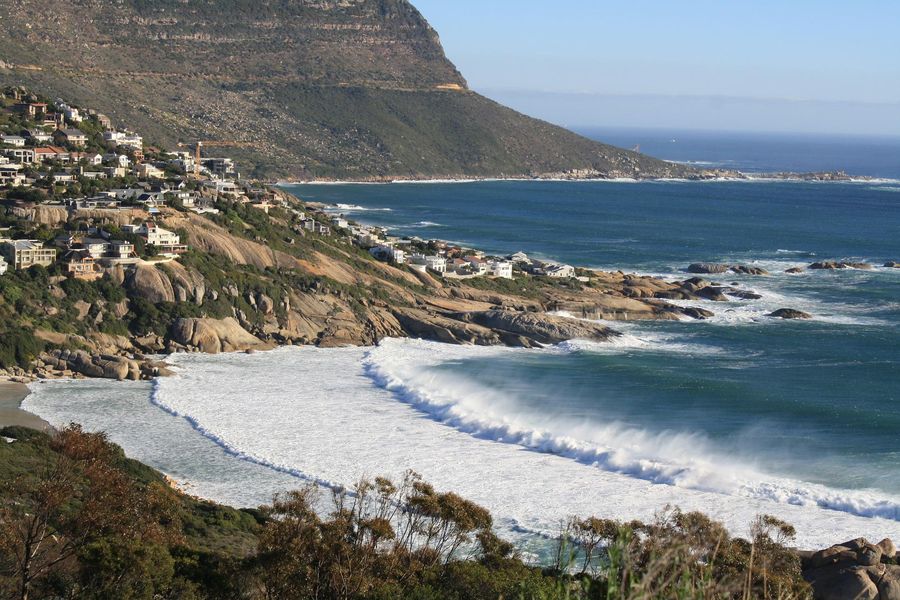Today, the Commission published guidelines to help Member States and stakeholders apply the rules on the safe reuse of treated urban waste water for agricultural irrigation. With several Member States increasingly suffering from droughts, reusing water from urban waste water treatment plants can become an essential tool to ensure a safe and predictable source of water, whilst lowering the pressure on water bodies and enhancing the EU’s ability to adapt to climate change. The Water Reuse Regulation, applicable from June 2023, sets out minimum water quality, risk management and monitoring requirements to ensure safe water reuse. The guidelines are complemented by several practical examples to facilitate the application of the rules.
Commissioner for the Environment, Fisheries and Oceans Virginijus Sinkevičius, said:
Freshwater resources are scarce and increasingly under pressure. In times of unprecedented temperature peaks, we need to stop wasting water and use this resource more efficiently to adapt to the changing climate and ensure the security and sustainability of our agricultural supply. Today’s guidelines can help us do just that and secure the safe circulation, across the EU, of food products grown with reclaimed water.
Water reuse can limit abstractions from surface waters and groundwater and promote a more efficient management of water resources, through the multiple uses of water within the urban water cycle, in line with the EU’s goals under the European Green Deal.
This drive towards more efficient use of water is also reflected in the recent Commission proposal to revise the Industrial Emissions Directive, calling also for a more efficient use of water across all industrial processes including through water reuse. The upcoming Commission’s proposal to revise the Urban Waste Water Treatment Directive will also aim to further facilitate water reuse.
Background
In the context of the European Green Deal, both the Circular Economy Action Plan and the new EU Climate Adaptation Strategy refer to wider use of treated waste water as a way to increase the EU’s ability to respond to the increasing pressures on water resources.
Water reuse could also contribute to the Farm to Fork Strategy’s goal of reducing the environmental footprint of the EU food system and strengthen its resilience, by providing an alternative, more reliable water source for irrigation. Funding opportunities for investments in irrigation with reclaimed water as an alternative water supply exist under the Common Agricultural Policy .
The Regulation on minimum requirements for water reuse (Water Reuse Regulation) sets harmonised minimum water quality requirements for the safe reuse of treated urban wastewater in agricultural irrigation, with the aim of facilitating the uptake of this practice. The Regulation also foresees the possibility for Member States to decide to introduce this practice at a later stage, on the basis of specific criteria. Such decisions must be regularly reviewed to take into account climate change projections and national strategies, as well as the river basins management plans established under the Water Framework Directive




















Discussion about this post